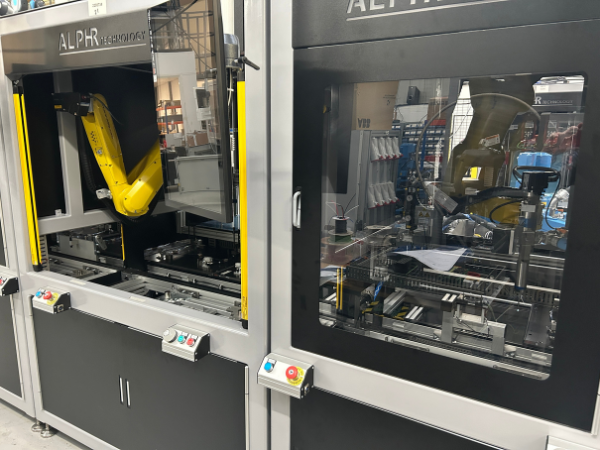Background
At ALPHR Technology, we specialise in advanced automation solutions tailored to the automotive industry, particularly in the assembly and testing of complex electronics such as On-Board Chargers (OBC) and Electronic Power Distribution Units (ePDU). Our customer, a Tier 1 automotive electronics manufacturer, faced significant production challenges due to their reliance on manual assembly processes.
The manual setup resulted in several issues. High labour costs were a major concern, as manual work required significant manpower. Additionally, long cycle times limited the overall efficiency of production, while inconsistent product quality arose from the absence of real-time defect detection. The customer also struggled with limited scalability, making it difficult to adjust production to meet fluctuating market demands. Finally, poor traceability complicated quality assurance and root cause analysis, further hampering operational efficiency.
In light of these challenges, the customer needed a solution that was efficient, scalable, and capable of delivering high-quality results to meet the demands of the evolving automotive electronics market.
Solution
To address the customer’s issues, we implemented a fully automated palletised assembly and test line. This advanced system automated essential assembly and testing processes, which not only enhanced efficiency but also ensured product quality.
One of the primary features of this solution was the integration of a palletised system with RFID tracking. Standardised pallets, equipped with RFID tags, provided full traceability across the production line, ensuring each component could be tracked through every stage of assembly and testing.
Automated assembly stations were introduced to perform tasks such as soldering, fastening, and adhesive application with precision. Each station was equipped with built-in quality control checks to guarantee proper assembly at each step of the process. Additionally, integrated testing stations conducted real-time tests, including functional assessments, vision checks, and dimensional analysis. This proactive approach to testing allowed defects to be identified and corrected early, reducing the likelihood of faulty products reaching the final stage.
The system also featured a modular conveyor system that efficiently transferred pallets between stations. Its modular design enabled easy reconfiguration for different product types or varying production volumes. Overseeing the entire operation was a centralised control system, which monitored the production line in real time, allowing for predictive maintenance, performance optimisation, and comprehensive quality assurance.
The project was implemented in three key phases. During the design and planning phase, we worked closely with the customer to tailor the system to their specific requirements. A Factory Acceptance Test (FAT) was conducted to validate the system’s performance before full-scale deployment. The system deployment phase involved installing the new system at the customer’s facility, integrating it with their existing IT infrastructure, and training operators to manage the fully automated process. Finally, in the optimisation and scaling phase, the modular nature of the system allowed for quick adjustments to meet changing production demands, ensuring future scalability.
Results
The deployment of the advanced palletised assembly and testing system produced outstanding results. The automation reduced cycle times, which led to a 35% increase in production capacity, allowing the customer to meet production targets more efficiently. Labour costs were reduced by 40%, as automation decreased the need for manual labour. Product quality also saw a significant improvement, with defects reduced by 37% due to real-time testing at various stages of the process.
The use of RFID-enabled pallets ensured full traceability, simplifying the process of tracking components and facilitating root cause analysis and quality assurance. Furthermore, the modular design of the system provided the customer with the scalability and flexibility needed to quickly adapt to new products or increased production demands, minimising downtime and ensuring a fast response to market changes.
Overall, our solution resolved the customer’s immediate production challenges and positioned them for long-term growth and success in a competitive market.


